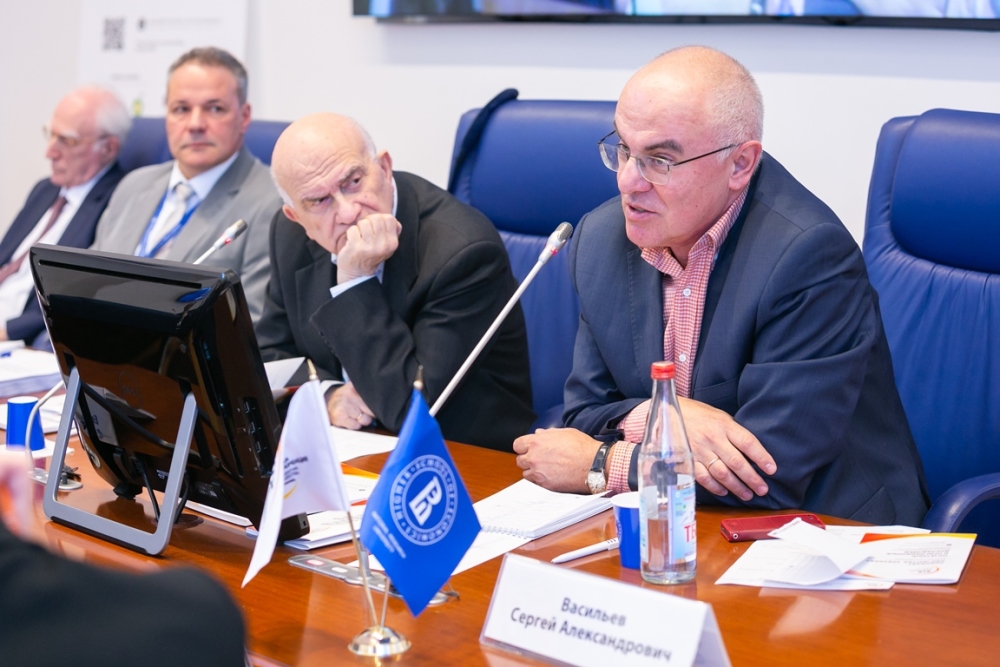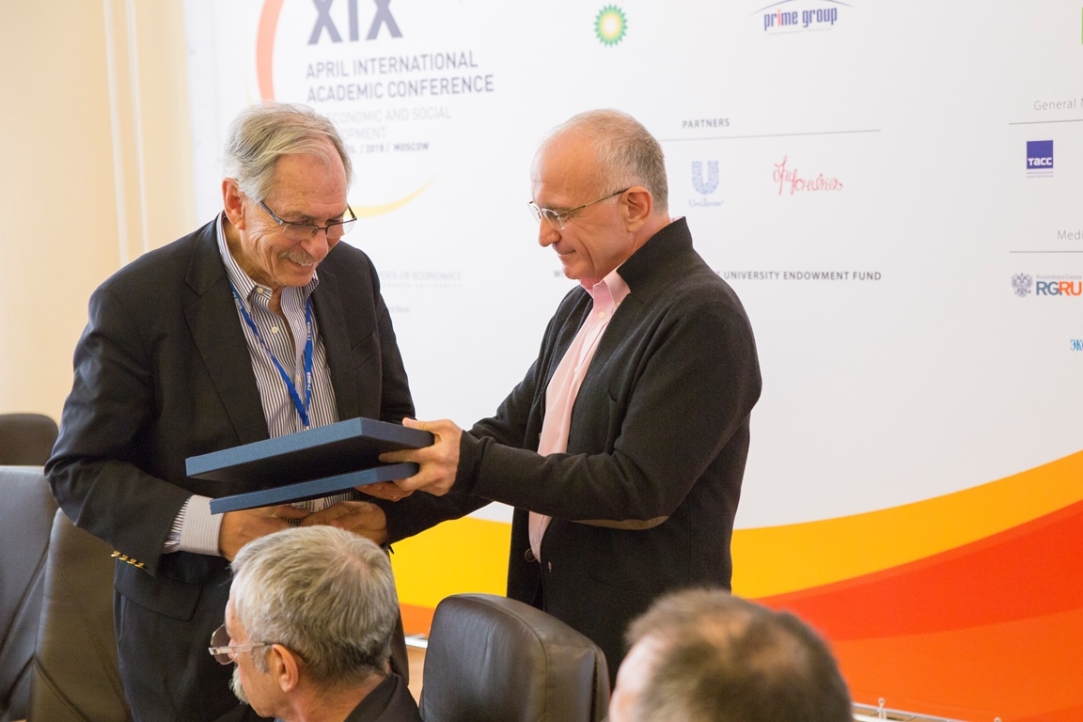How Are Russian Cities Different from Western Cities?
One of the roundtables held during the XIX April Academic Conference featured a discussion of the report on morphology of Russian cities presented by Robert Buckley, Senior Fellow in the Graduate Program in International Affairs at The New School, US. The report looked at what Russian cities look like in terms of population density, how the patterns Russian cities exhibit compare with those of other cities around the world, and what individual behaviours might have contributed to the appearance of a certain pattern.
Marx’s Capital Was a Work in Progress
The notion that Karl Marx's works have been studied inside and out is fundamentally incorrect. The huge body of his manuscripts has still not been completely processed, and his seminal work, Capital, was only recently published with the final edits of the author. The 19th April Conference at the Higher School of Economics included the section ‘Methodology of Economic Science’ which was devoted to the work of the German philosopher and political scientist. Independent researcher and professor from Berlin, Thomas Kuczynski, gave a presentation at the conference which pointed out numerous aspects of Marx’s continuous rethinking of allegedly fixed truths.
Russia’s Economic and Social Development Depends on How It Responds to Technological Challenges
During a plenary session of the HSE XIX April International Academic Conference, participants discussed the technological future of the Russian economy and how it relates to objectives such as speeding up economic growth and improving the quality of life.
Logic of Ignorance: Why Russian Oil Companies Are not Responsive to Environmental Concerns
Senior management of Russian oil companies lack environmental awareness and refuse to invest in environmental safety, according to Sofia Villo, who has examined the operations of Russia's major oil producer from an ecological perspective.
Digital Humanities: A God of Many Faces
These days, no scientific research is carried out without the use of digital media for the production or dissemination of knowledge. The term ‘Digital Humanities’ reflects this process and constitutes a scientific field where humanists not only aim to use a certain software, but also to understand research using quantitative semantics. However, digital infrastructures are not the same globally. In her talk at the HSE April International Academic Conference Dr Gimena del Rio Riande addressed various issues that arise in connection with digital humanities.

We Must Reconsider the Government’s Role in the Economy
Slower GDP growth rates over the last several years were brought about by changes on international markets and the exhaustion of transformational bonuses due to the transition from a planned economy to a market economy, and this slowdown proves the necessity of looking for new solutions for stimulating the economy. The authors of the paper ‘Structural Changes in the Russian Economy and Structural Policy’ conducted a large-scale analysis on structural policy in Russia and around the world, as well as on possible ways for this policy to develop further. The first presentation of the paper took place as part of the plenary session called ‘Structural Policy in Russia: New Conditions and a Possible Agenda,’ which closed out HSE’s XIX April International Academic Conference.

Martin Carnoy and Christian Welzel Awarded HSE Medal
The Contribution to Science and Education Award, established by the HSE, recognises outstanding contributions to academic development and international academic cooperation.
HSE Hosts Russian National Award in Applied Economics
The winner of the 2018 award is Ina Ganguli, Professor at the University of Massachusetts Amherst. The American researcher stood out for her series of articles analysing the productivity of Russian scientists in the 1990s, as well as their decisions concerning emigration and the impact that emigration had on the diffusion of Russian science in the United States.
Improved Investment Environment as a Real Factor in Solving Current Economic Problems
The subject of the risks and challenges related to sanctions on Russia is crucial in defining a number of different areas of economic policy. Participants in the round table focused on improving the business environment as one of the ways of responding to sanctions, exchanged opinions during the 19th April International Academic Conference on Economic and Social Development about how to move into positive economic growth while under this external pressure.
Breakthrough Solutions to Lead the Way in Modernizing Education
On April 11, the educational portion of the XIX April International Academic Conference featured a presentation and discussion of the paper ‘12 Solutions for New Education,’ which was prepared by the Higher School of Economics and the Centre for Strategic Development.


Applications are submitted until August 17, 2025